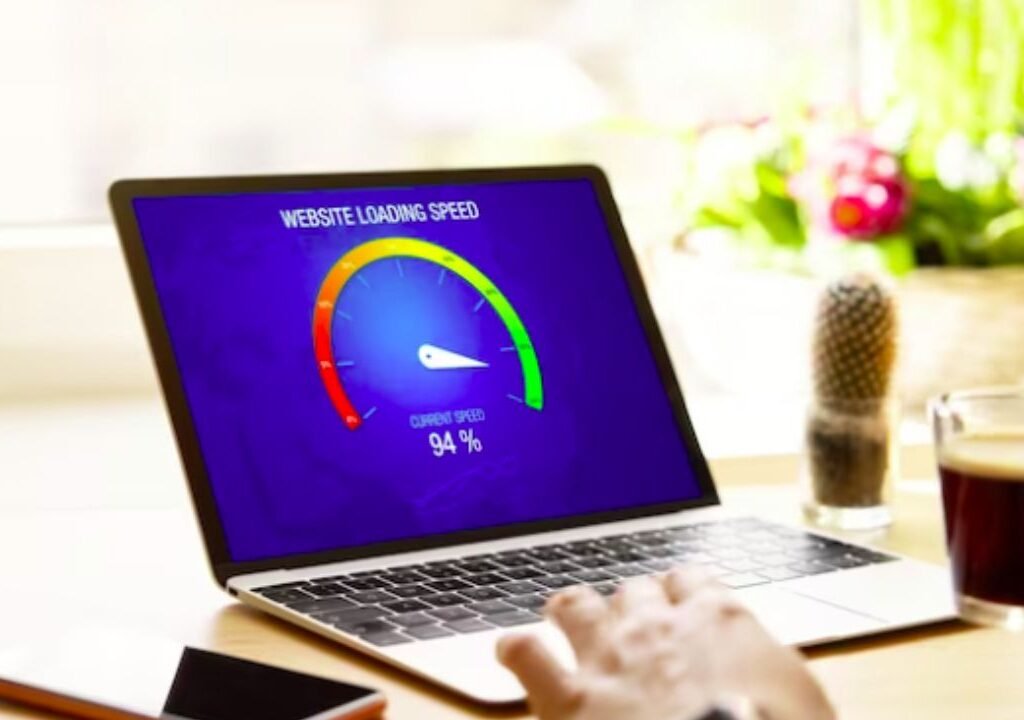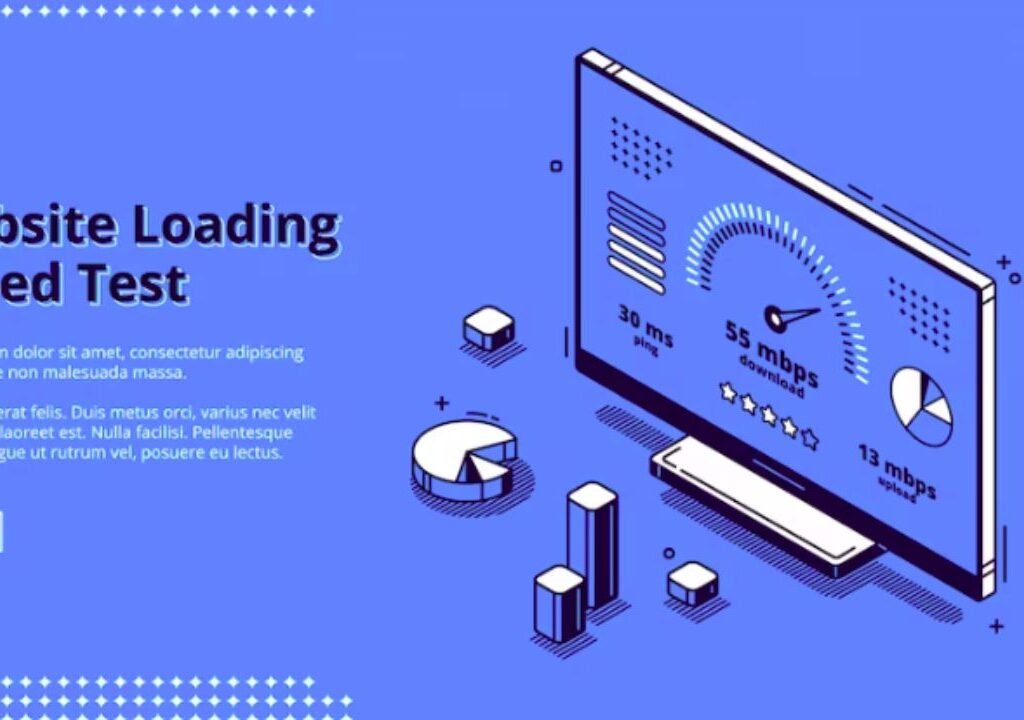Introduction
In an era where information flows at the speed of thought and attention spans dwindle with every passing second, the importance of website speed cannot be overstated. Whether you are a website owner, a developer, or simply a user navigating the vast web landscape, the speed at which a website loads can significantly impact your online experience. This article delves into the intricacies of website speed, exploring its crucial role, the factors affecting it, and how to optimize it for a seamless online journey.
Website Speed: A Critical Component
Before we proceed, let’s clarify what website speed entails. It refers to how quickly a web page loads in a user’s browser. It’s determined by various factors, including server response time, image and script optimization, and the use of content delivery networks (CDNs). A faster website improves user satisfaction, reduces bounce rates, and positively impacts SEO.
Why Website Speed Matters
website speed is the unsung hero of the digital realm. It affects user experience, search engine rankings, and even conversion rates. When a website takes too long to load, visitors tend to abandon it, leading to high bounce rates. Search engines like Google also take note of this and may penalize slow websites in their rankings, making it essential for businesses and content creators to prioritize speed.
The Speed Equation

Factors Affecting Website Speed
To turbocharge your website, it’s crucial to understand the elements that influence its speed. Here’s a breakdown of the key factors:
Hosting Provider
The foundation of website speed lies in your hosting provider. Opting for a reliable, high-performance hosting service can make a world of difference.
Image Optimization
Large, unoptimized images can significantly slow down your site. Compress and resize images to strike a balance between quality and speed.
Content Delivery Network (CDN)
CDNs distribute your website’s content across multiple servers globally, reducing latency and speeding up loading times.
Minimize HTTP Requests
Reduce the number of elements on your webpage, such as scripts and stylesheets, to minimize HTTP requests, which can cause delays.
Browser Caching
Leverage browser caching to store static files locally, reducing the need for repeated downloads on subsequent visits.
Code Efficiency
Clean and efficient code is essential. Remove unnecessary code, whitespace, and unused plugins to streamline your website’s performance.
Tips for Optimizing Website Speed

Now that we’ve identified the culprits slowing down your website speed let’s explore some solutions to boost its speed:
Minimize HTTP Requests
HTTP requests are made for each element on a web page, including images, stylesheets, and scripts. Reduce the number of requests by combining files and using CSS sprites.
Compress Images
Large images are a common cause of slow-loading pages. Compress and optimize images without compromising quality to reduce load times significantly.
Leverage Browser Caching
Enable browser caching to store frequently accessed resources locally on a user’s device, reducing the need to re-download them on subsequent visits.
Content Delivery Network (CDN)
Utilize a CDN to distribute your website’s content across multiple servers worldwide. This reduces server load and decreases latency, resulting in faster load times.
Optimize CSS and JavaScript
Minify and compress your CSS and JavaScript files to reduce their size. Remove unnecessary code and whitespace for improved performance.
Enable GZIP Compression
Enable GZIP compression on your server to reduce the size of transferred data, making your website faster to load.
Upgrade Hosting Plan
Ensure your hosting plan can handle your website’s traffic. Consider switching to a faster hosting provider or upgrading your current plan.
Monitor and Test Regularly
Use tools like Google PageSpeed Insights and GTmetrix to regularly assess your website’s speed. Address issues as they arise to maintain optimal performance.
Conclusion
In today’s digital landscape, website speed is not merely a choice but a necessity for success. By implementing the strategies outlined in this guide, you can significantly improve your website’s speed, enhance user experience, and boost your search engine rankings. Remember that a faster website translates to happier visitors and better business outcomes. So, start optimizing your website speed today and stay ahead in the digital race.
FAQs
Search engines like Google consider website speed as a ranking factor. Slow-loading sites may rank lower in search results.
You can make several optimizations independently, but for more complex issues, it’s advisable to seek a developer’s assistance.
Yes, tools like Google PageSpeed Insights and GTmetrix offer free speed analysis and recommendations.
Ideally, your website should load in 2-3 seconds or less for the best user experience.
Regular monitoring is essential. Check your website’s speed at least once a month and after significant updates.








